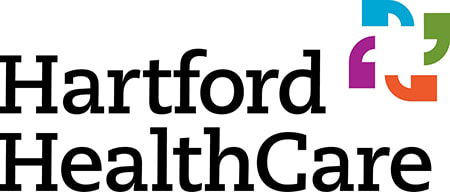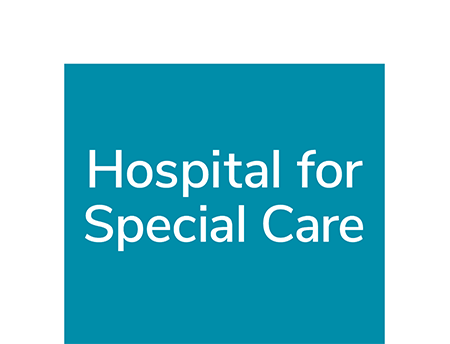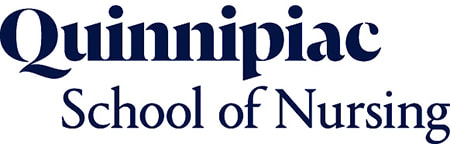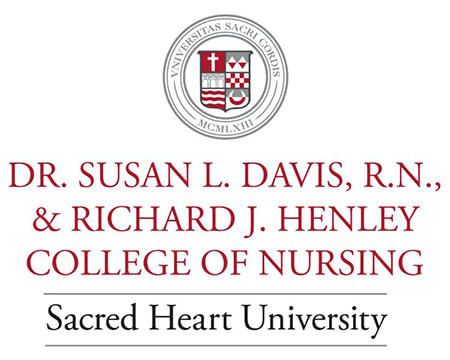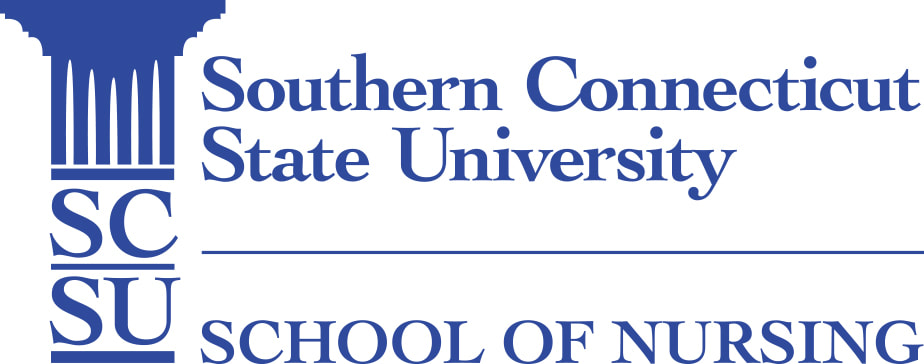|
From Brown & Gray's YouTube Library
Listen or Download "You Didn't Have To" Here: https://brownandgray.lnk.to/youdidnth...
Follow Brown & Gray! YouTube: https://goo.gl/WKAS18 Twitter: https://twitter.com/BrwnandGray Instagram: https://www.instagram.com/brownandgra... Facebook: https://www.facebook.com/BrownAndGray... Website: http://brownandgraymusic.com/ You Didn’t Have To Written by Kaci Brown & Sam Gray Published by Notting Hill Music (UK) Limited & Notting Dale Songs, Inc. Verse1 Here’s to the ones that’ll never take credit Here’s to the ones that won’t admit it I hope you know, we’re all thanking God for you And here’s to the ones on call all night Don’t think twice about the sacrifice Here’s to the extra mile that you take it to Here’s to the front-line warriors To being brave for all of us Chorus You didn’t have to make him laugh Or hold her hand like that You didn’t have to love but you did... just to make ‘em all feel better, yeah You didn’t have to pray all night You didn’t have to risk your life If everybody loved like you did the world would be a whole lot better You didn’t have to ... No, you didn’t have to no, no Verse2 You give it all like there ain’t much to it Fire’s all around and you walk right through it I hope you know, we’re all thanking God for you There are not enough words to say You’re a hero in every way So I raise my glass for everything that you do Here’s to the front-line warriors To being brave for all of us Bridge Thank You, Thank You Cause You didn’t have to ... Thank You, Thank You Cause You didn’t have to ... Outro Yeah, here’s to the Frontline Warriors being brave for all of us
0 Comments
The Connecticut League for Nursing’s Council of Deans & Directors Supports that National Policy Brief and Highlights below how our Colleges and Universities can Partner with Practice Settings to Support a Robust and Safe Nursing Workforce during the COVID-9 Crisis and Aftermath. Purpose This policy brief is a collaborative effort of nursing leaders who propose & support academic/practice partnerships between health care facilities and pre-licensure registered nursing (RN) and practical/vocational nursing (PN/VN) programs across the country during the COVID-19 crisis. This is one potential model to consider. It is not mandated, rather an innovative approach to meeting academic and workforce needs. The proposed model requires cautious evaluation at the local level with a clear understanding that:
Context
Pre-licensure RN students from diploma, associate degree and baccalaureate degree nursing programs and PN/VN students from certificate nursing programs could augment and support nursing services in health care facilities. CLN’s Response: Propose that our pre-licensure nursing students and associated faculty from our Schools/Programs of Nursing augment the nursing workforce within healthcare facilities in the following areas:
Nursing students would be employed by the facility on a full- or part-time basis and work in the role of a student nurse for compensation and, in conjunction with the student’s nursing education program, would receive academic credit toward meeting clinical requirements.
CLN’s Response: Connecticut practice settings would dictate the employment relationship directly with the pre-licensure student, and the awarding of academic credit for such experiences (Capstone’s) would be decided upon by each academic institution in alignment with current University/College policies and practices. Moreover, NOT all students may choose to engage in these academic/employment opportunities as their participation is NOT mandatory. Benefits: This opportunity will not only provide much needed clinical education to assist in meeting program requirements, it is an unparalleled opportunity for nursing students to assist the nation in a time of crisis and learn the principles of population health and emergency management. This academic-practice model demonstrates that in the midst of a periling disruption in the environment, such as COVID-19, continuous innovation can occur. Policy Recommendations: 1. Health care facilities and nursing programs are encouraged to promulgate plans to take advantage of this opportunity and make every effort to reach out to eligible nursing students and inform them of the opportunity. CLN’s Response: Practice Setting will share opportunities with the CT Nurses’ Association, CT Center for Nursing Workforce & CT League for Nursing- RN Student Day Attendees if registered directly with CLN, CT Center for Nursing Workforce to promote; and via their organization’s website, social media, and other communication platforms. 2. Health care facilities and nursing programs are encouraged to collaborate to identify ways to accomplish appropriate faculty supervision of the nursing student-employee to achieve the final learning outcomes of the nursing program. For example, CLN’s Response: Options for Engagement & Collaboration:
The above examples illustrate a few ways in which the Connecticut School & Programs of Nursing can support growth and development of the incumbent:
3. Nursing program leaders/faculty are encouraged to work with health care facility representatives to align clinical skills and competencies with the nursing student-employee work role/responsibilities. CLN’s Response: CT’s Schools and Programs of Nursing utilize the Massachusetts Nurse of the Future Core Competencies (MA DOE, 2016) in their curriculum design as well as other best-practice competency models including QSEN. 4. Nursing student-employees must have planned clinical practice experiences that enable the students to attain new knowledge and demonstrate achievement of the final learning outcomes of the nursing program. CLN’s Response: The Schools and Programs of Nursing have compiled best-practices, virtual experiences, and simulation that have been distributed to all faculty to ensure that program objectives and outcomes will be met at the end of the final year of study and program completion. As Simulation is an everchanging modality for nursing education, it is imperative that Connecticut Colleges/Universities have the needed resources to ensure program excellence. Through the Healthcare Simulation Network of CT (HSNCT) supported by the Connecticut League for Nursing, leaders of the Simulation Centers can best identify and recommend the critical resources for a robust Simulated Learning experiences that will meet program outcomes at all level. 5. Nursing programs should consult with their State Board of Nursing to ensure clinical requirement regulations would be met with this opportunity and experience. CLN’s Response: Through the Council of Deans & Directors, the CT SBEN approved a motion during the March 18, 2020 Nursing Board meeting to approve the use of alternative clinical experiences for nursing students of advanced standing. 6. Nursing programs are responsible for informing nursing students of the risks and responsibilities associated with working in a healthcare facility at this time. Additionally, nursing programs are responsible for communicating with students about their rights to be protected from infection and their options for completing the clinical practice requirements of the nursing program. CLN’s Response: Schools and Program of Nursing will not be soliciting students directly to participate in these voluntary work experiences. Endorsement by National Nursing Organizations and Associations:
|
Categories
All
Archives
June 2024
|
OUR MISSIONTo foster collaborations to ensure a highly educated, diverse, and sustainable nursing workforce to support the healthcare needs of Connecticut residents.
Terms of use Policy | Privacy Policy
Event Policy: No refunds will be given two (2) weeks prior to any event |
LoginContact UsFor more information or questions, please complete the online form to contact Marcia B Proto, M.Ed, CAS via email.
|

 RSS Feed
RSS Feed










